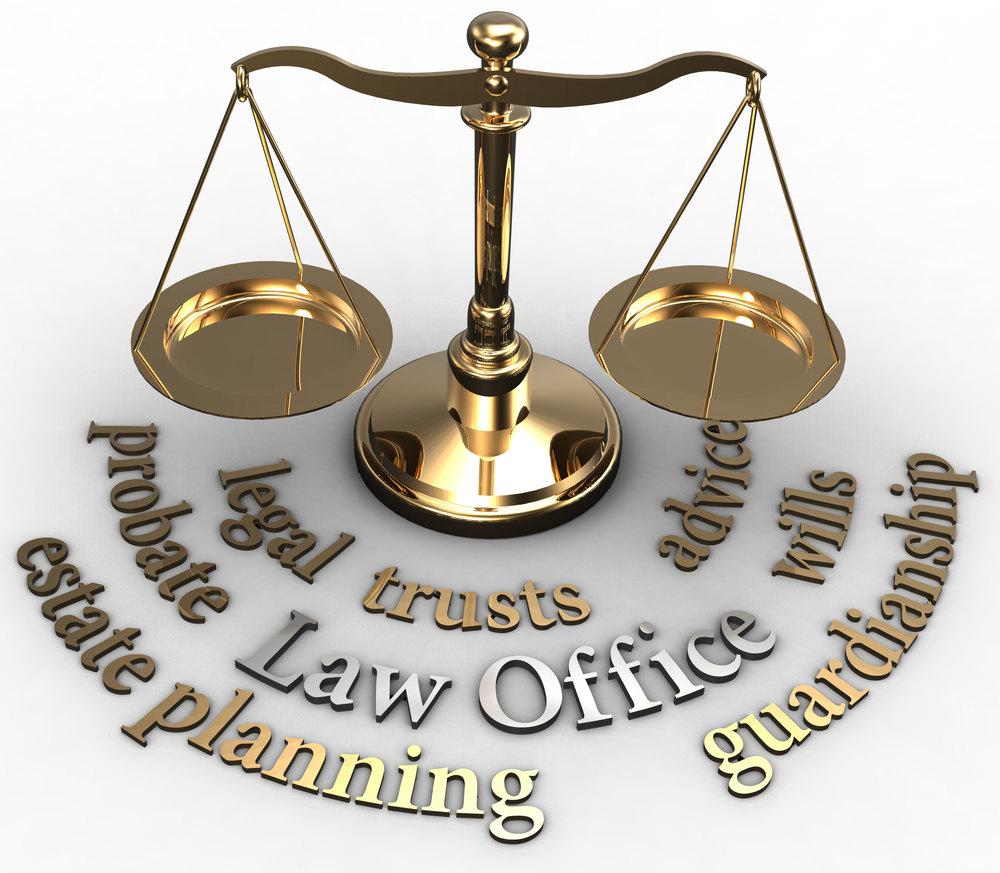Family lawyers deal with all types of matters pertaining to the family unit. Divorce, custody, alimony, child support, and more. We come in when times are difficult for many families and try to ease the burden the best way we can. Families go through many difficult times and it’s not just when parents are separating. Death is certain and can also be a trying time for most families. Losing a loved one is one of the hardest things to experience. On top of that, what happens to your loved one’s belongings? These are difficult questions that family lawyers don’t typically handle, but can lead you to a firm that deals with wills, estates, and probate.
Probate is a court-supervised process where the assets of someone who has recently passed is reviewed and distributed accordingly. This process entails validating the last will, ensuring debts are paid to creditors, and transferring assets to beneficiaries or heirs. Depending on the situation, probate can be long and grueling for loved ones, or shorter and quite efficient.
Administering the estate may involve numerous parties, such as the personal representative or executor, creditors, government entities, beneficiaries, and a judge. The probate process may be necessary to see that the deceased’s assets and property within the estate are handled properly based on law.
Assets that may go through probate are vehicles, art or jewelry collections, home or vacation properties, sentimental items, household goods, and more. Probate property are belongings which are held individually and don’t have a beneficiary designation. Examples of property that may not go through probate are listed as follows:
- Pay-on-death accounts
- Life insurance policies
- Retirement funds and annuities
- Transfer-on-death accounts
- Property in a trust
- Held property as joint tenancy
- Held property as tenancy by entirety
Those who need help with a probate problem, hearing, or other related matter may turn to a lawyer for guidance. In this way, a person gets their concerns and questions addressed, along with having a professional to watch out for their best interests as probate goes on. Documents to bring to the initial appointment with a probate lawyer include:
- Name of deceased
- Last will (if one was written)
- Copy of death certificate
- Names of beneficiaries or heirs
- List of known creditors
Those who feel like they could use support from a lawyer should not hesitate to contact one as soon as possible.
